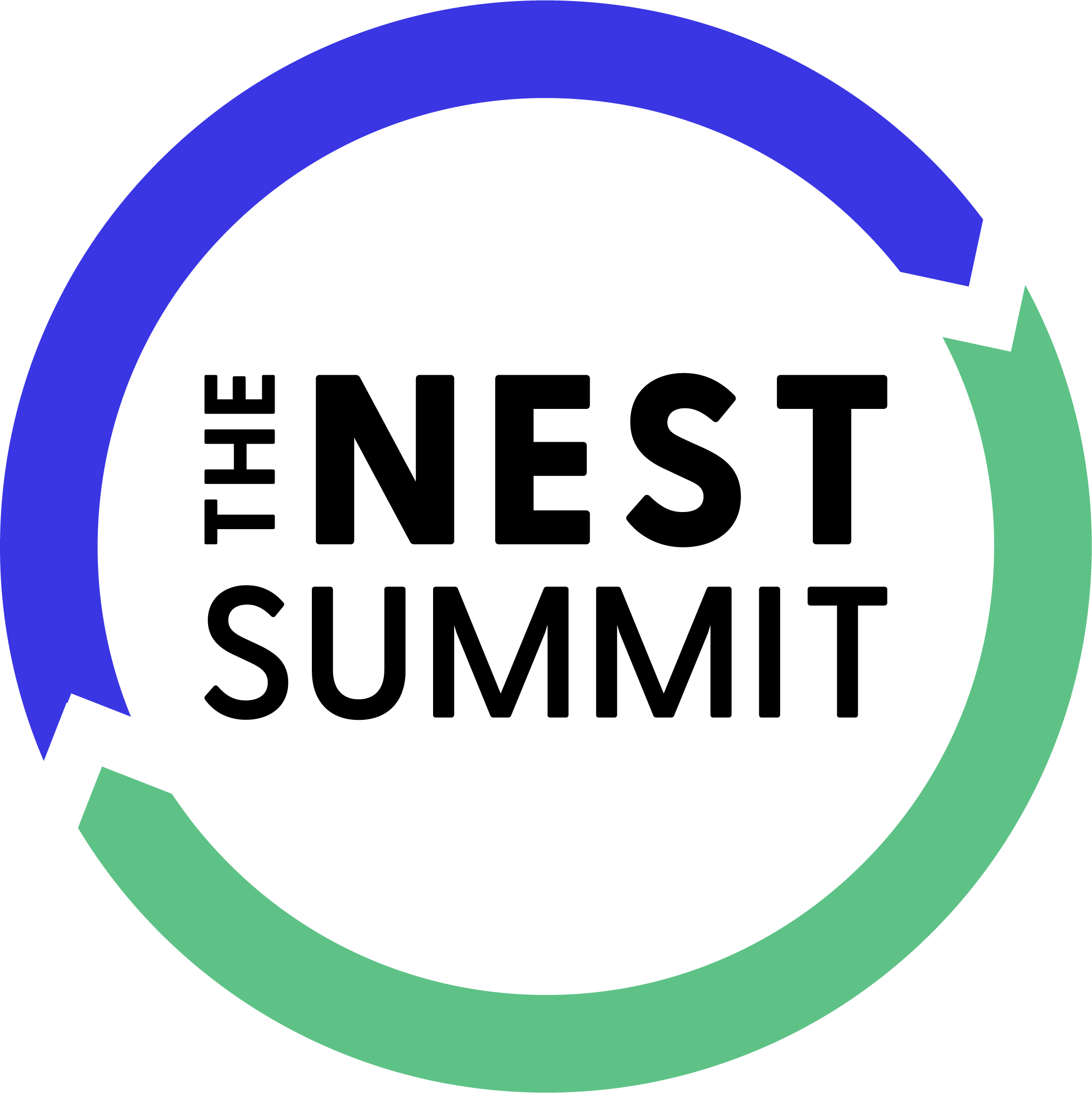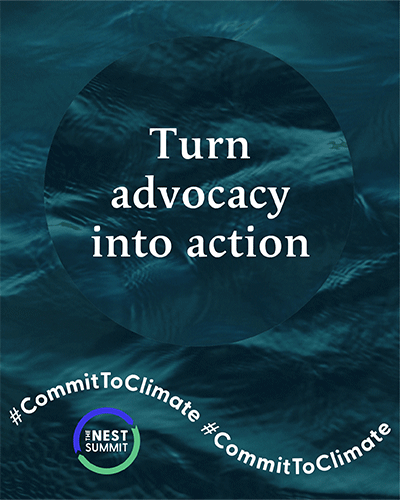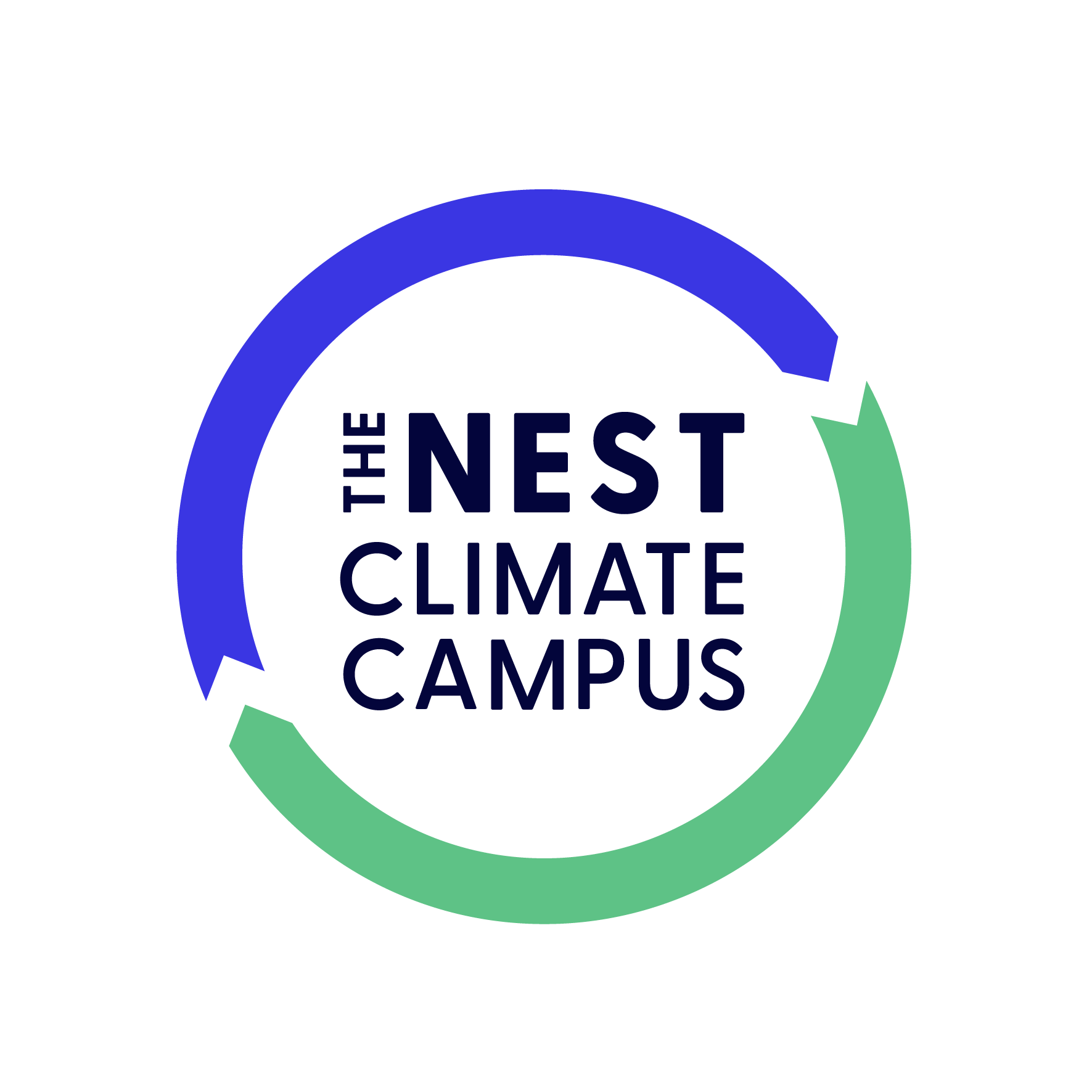Climate Conversations
How Climate Change is Altering the Fashion Industry (for the Better)
Kelly Helfman knows a thing or two about the fashion industry and the way manufacturers, suppliers and buyers are getting more savvy about the intersection of fashion and climate change.
As President of Informa Markets Fashion, Kelly’s team produces powerhouse trade events for the fashion industry including MAGIC, Project and COTERIE, helping lead an industry evolution toward greener sourcing, manufacturing and purchasing habits.
“Fashion is one of the industries that is most impacting the climate in negative ways, so it is key that we bring awareness to all the things we as an industry can be doing in order to help,” she says.
Kelly will be speaking at The Nest Summit as part of the Changemakers track, diving deep into how the events and fashion industry can advance sustainability. “We’re thrilled to have a very important conversation at The Nest Summit,” she says.
Read on for more.
In conversation with: Kelly Helfman, Commercial President, Informa Markets Fashion

What has been the most surprising effect of climate change on your business?
From a fashion industry perspective, it comes down to the supply chain and sustainable practices. The end consumer, the shopper, more than ever now demands transparency and wants to know how their clothing is made and what the companies they support are doing to help the climate. This is absolutely changing the way in which apparel manufacturers approach their strategies, whether it’s the items they produce or the materials they choose.

How has climate change influenced the way Informa Markets does business?
Trade shows overall eliminate carbon footprints, as attendees come to see and do business with thousands of exhibitors at one time versus traveling to all of them individually. In terms of planning our large-scale trade shows, we take sustainable operational practices into consideration in terms of all that we do, from less paper/banner waste, reusable carpet, energy efficient lighting options and more.

What’s an aspect of climate change your organization or industry is uniquely equipped to address?
For fashion, I think one area that can quickly be addressed is waste. A lot of product is produced, not sold and then wasted. We need to produce on demand and not in advance. Therefore, fast fashion is becoming slower. Brands are getting orders from retailers and then producing. Brands are looking for manufacturers with smaller minimums to avoid waste. Due to the quick response by the industry, fashion weeks and fashion calendars are all changing. Some of the industry is still struggling to adapt more than other segments. It is happening right now.

Describe one innovation your organization has put into place to respond to/combat the effects of climate change.
For our sourcing show, we are making fashion tech machinery a priority as well as highlighting new countries with low minimums and ethical practices. In our last show, we had a sustainable resource center where fashion designers could go to source more climate-friendly options and materials and get support on how to do better. We are working with Dr. Cindy Lin from Hey Social Good to verify our sourcing exhibitors on where they are in their journeys, as brands looking to work with them want to have that information before committing. We need to provide transparency moving forward.

A lot of times, it seems it’s only possible to affect great change at a federal or corporate level. What advice do you have for community members who want to affect change themselves?
We all start somewhere. There is NO judgement. Your individual contribution and impact is personal and there should be no shame. We need to educate, listen and learn, and then choose where we can begin. Have someone help you identify the low hanging fruit in terms of the easiest, most apparent areas to start with.

How would you recommend your customers and/or business leaders become more informed about climate change? What resources would you recommend?
There are so many great videos out there for those who feel overwhelmed by this topic. Short, digestible, snackable, educational content that serves you the important facts and impact through a relatable approach. It does not have to be overwhelming. There are influencers all over social media who create awareness in an informative and exciting way which you can follow. Doing that to start means you are ready to learn.






